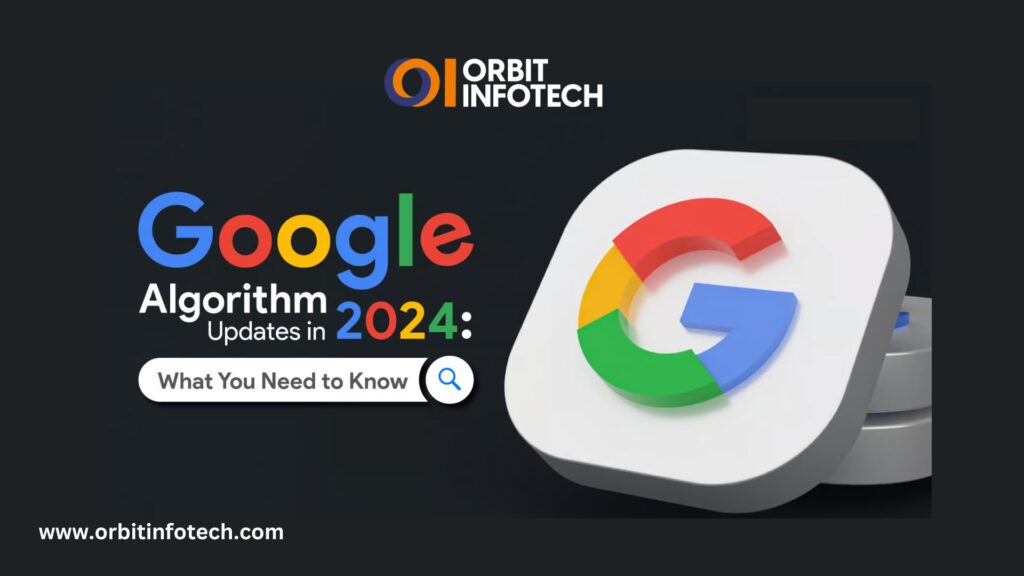Google’s search algorithm considers more than 200 Google Ranking Factors to determine a website’s ranking in search results. Although these factors evolve with algorithm updates, certain core elements consistently play a vital role in achieving higher rankings. This guide explores the most critical Google Ranking Factors and actionable strategies to improve your website’s performance.
1. High-Quality Content: The Cornerstone of SEO
At the heart of Google’s ranking system lies content quality. Websites that deliver valuable, relevant, and engaging content aligned with user intent are more likely to rank higher.
Top SEO Services in Kansas City for Local Business
Why High-Quality Content Matters:
- Relevance: Google matches user queries with the most relevant pages.
- Freshness: Regularly updated content signals activity and relevance to Google.
- Depth: In-depth, well-researched content tends to rank better as it provides comprehensive solutions.
Tips for Creating Great Content:
- Conduct keyword research using tools like SEMrush or Ubersuggest to find high-performing keywords.
- Write detailed guides, tutorials, and blog posts that address specific user queries.
- Avoid duplicate or thin content that adds little value.
2. Keywords and Search Intent Alignment
Keywords are no longer just about matching phrases; they must align with the intent behind user queries.
Read This:- How to check keyword ranking in Google
Why Intent Matters:
- Relevance: Google prioritizes results that fulfill user intent, whether informational, transactional, or navigational.
- Semantic Search: Advanced algorithms understand the context of keywords, not just exact matches.
Keyword Optimization Tips:
- Use tools like Google Search Console to monitor keyword performance.
- Optimize titles, meta descriptions, and headers with primary and related keywords.
- Create content that addresses multiple types of search intent within your niche.
3. Backlinks: Building Authority and Credibility
Backlinks are most important Google Ranking Factors to create links from other websites to your own—are among the strongest signals of authority and trustworthiness. They serve as endorsements of your site’s content.
Why Backlinks Are Crucial:
- Domain Authority: Links from high-authority sites boost your site’s credibility.
- Relevance: Backlinks from websites in your niche are more valuable.
- Diversity: A natural mix of do-follow and no-follow links is ideal.
How to Earn Quality Backlinks:
- Create shareable content such as infographics, case studies, or original research.
- Collaborate with influencers or write guest posts for reputable sites.
- Use tools like Ahrefs to analyze your backlink profile and identify opportunities for improvement.
4. Mobile-Friendliness: A Non-Negotiable for Modern SEO
With mobile devices accounting for the majority of web traffic, Google uses mobile-first indexing, meaning it evaluates a website’s mobile version when determining rankings.
Why Mobile Optimization Matters:
- Improved User Experience: A mobile-friendly site ensures better navigation and readability.
- Core Web Vitals: Mobile optimization affects key performance metrics like loading speed.
Steps to Optimize for Mobile:
- Use responsive web design to adapt your site to various screen sizes.
- Test your site using Google’s Mobile-Friendly Test.
- Optimize images and improve load times by using compressed file formats.
Read This:- Restaurant SEO Services Improve Your Local Searches
5. User Experience (UX): Core Web Vitals and Beyond
Google’s Core Web Vitals measure aspects of user experience, including page speed, interactivity, and visual stability. These metrics are now key Google Ranking Factors.
Core Web Vitals to Focus On:
- Largest Contentful Paint (LCP): Measures page load speed.
- First Input Delay (FID): Evaluates how quickly your site responds to user actions.
- Cumulative Layout Shift (CLS): Assesses visual stability during page load.
How to Enhance User Experience:
- Minimize the use of heavy JavaScript and CSS files.
- Leverage a content delivery network (CDN) to improve load times.
- Regularly audit your site using tools like Google PageSpeed Insights.
6. On-Page SEO: Mastering Technical Elements
On-page optimization ensures that search engines can crawl, index, and understand your site effectively.
Key Elements of On-Page SEO:
- Title Tags: Include the target keyword and keep titles concise (under 60 characters).
- Meta Descriptions: Write engaging summaries to improve click-through rates.
- Headers (H1, H2, H3): Organize content for better readability.
Best Practices for On-Page SEO:
- Add descriptive alt text for all images.
- Implement structured data markup for rich results in search engines.
- Conduct regular site audits to fix broken links and resolve crawl errors.
7. Local SEO: Reaching Nearby Customers
For businesses targeting local customers, optimizing for local search is critical to driving foot traffic and online visibility.
Why Local SEO Matters:
- Google Business Profile: A complete profile increases local search visibility.
- Citations: Consistent business information across directories builds trust.
How to Improve Local SEO:
- Ensure your Google Business Profile includes accurate NAP (Name, Address, Phone) details.
- Encourage satisfied customers to leave positive reviews.
- Use location-specific keywords in your content and metadata.
Conclusion: Focus on What Matters Most
While Google Ranking Factors includes numerous factors, prioritizing the essentials—high-quality content, strong backlinks, mobile optimization, and user experience—will set you on the path to success.
Partnering with an experienced SEO agency like Orbit InfoTech can simplify the process, ensuring your site remains optimized for Google’s ever-evolving standards.
By investing in these proven strategies today, you’ll enhance your website’s visibility, attract more traffic, and convert visitors into loyal customers.






